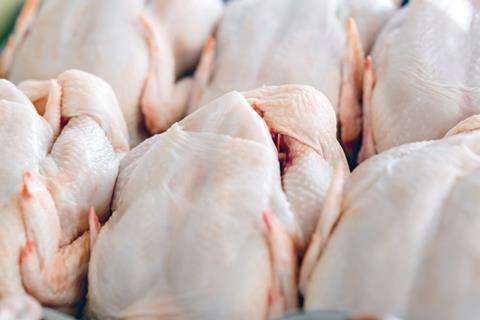Global poultry trade remains highly competitive but is being challenged with ongoing volatility in trade, mainly associated with Brazil.
The Poultry Quarterly Q4 report from Rabobank shows the global poultry sector is performing relatively well in the second half of 2018, however EU restrictions on several Brazilian export plants and the change of halal standards in Saudi Arabia is challenging the market.

Other global challenges involve the recent safeguarding on Brazilian chicken imports set by China.
In addition, concerns about new avian influenza (AI) outbreaks are rising, and the recent African swine fever outbreaks in China and now Belgium could also indirectly impact global poultry markets.
“If the outbreaks spread quickly, significant liquidation of China’s pig herd could occur, pressuring all meat prices in China. This could reverse in 2019, with Chinese consumers turning from pork to poultry, pushing up local prices.
“These challenges can paint a somewhat pessimistic picture, while in reality, poultry industry performance is still good in most parts of the world,” says Nan-Dirk Mulder, senior analyst – Animal Protein.
The global breast meat market has also been affected, as global trade almost completely depends on exporters to the EU.
Despite restrictions on Brazilian chicken imports, the EU industry is reported to be performing well, benefiting from a balanced market supply with prices being pushed up from 10% to 15%.
Higher breast prices have indirectly supported EU broiler prices, although leg meat prices are suffering.
The outlook for the EU poultry industry remains positive, with ongoing restrictions on EU imports.
However the upcoming opening of new or expanded facilities in Eastern Europe, with a reported eight new slaughterhouses in Poland being in the pipeline, will increasingly challenge the supply situation.
The best-performing poultry industries are currently in South Africa, China, the EU, India, Indonesia, and Mexico, where producers are achieving healthy results.
Exporters outside the EU are the weakest-performing countries, with Brazil being in the weakest position.
For the full report, click here.
This story was originally published on a previous version of the Meat Management website and so there may be some missing images and formatting issues.















